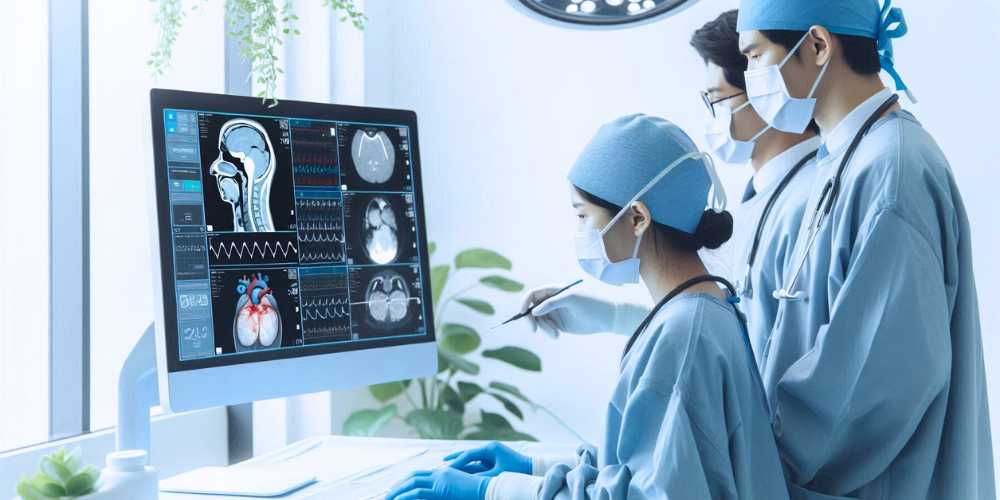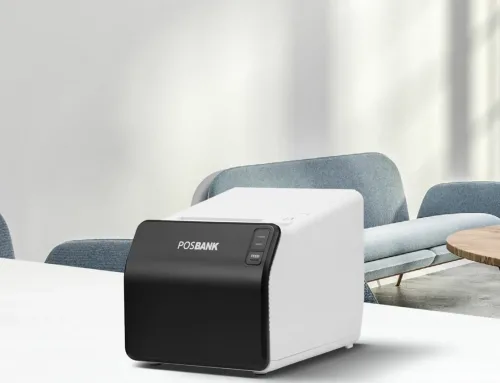A robust healthcare IT infrastructure is essential for delivering high-quality patient care and operational efficiency. From managing electronic health records (EHRs) to facilitating telemedicine services, a well-designed IT infrastructure supports healthcare providers in meeting the complex needs of their patients.
The Critical Role of IT Infrastructure in Healthcare Services
A well-designed healthcare IT infrastructure provides the foundation for various critical services:
- Electronic Health Records (EHRs): Seamlessly manage patient information, improving accuracy and accessibility.
- Telemedicine: Enhance patient access to care, allowing for remote consultations and ongoing monitoring.
- Patient Data Management: Ensure secure and efficient handling of sensitive patient data.
Investing in resilient IT systems for healthcare helps organizations adapt to evolving challenges and enhances service delivery.
How Managed Services Enhance Healthcare IT Systems
Managed services play a pivotal role in ensuring the performance and security of healthcare IT systems. Here’s how:
- High Availability: Continuous monitoring and support minimize downtime, ensuring that healthcare services remain operational when they are needed most.
- Performance Optimization: Regular maintenance and updates help maintain optimal system performance, enhancing user experience for healthcare professionals and patients alike.
- Healthcare Data Security: Protect sensitive patient information against cyber threats with robust security measures, ensuring compliance with regulations.
Implementing effective healthcare IT solutions allows providers to focus on patient care rather than IT management.
Importance of Disaster Recovery and Continuous Monitoring
The healthcare sector must prioritize disaster recovery and backup solutions to safeguard patient information. Key benefits include:
- Disaster Recovery: Quick recovery from unexpected incidents, such as data breaches or system failures, ensuring minimal disruption to healthcare services.
- Continuous Monitoring: Real-time oversight of IT systems to quickly identify and address potential vulnerabilities, enhancing overall security.
Healthcare providers who have adopted comprehensive HIPAA-compliant IT solutions report significant improvements in their operational resilience. For example, [Testimonial from Provider A] states, “After implementing a managed services approach, our data security improved dramatically, and we can confidently focus on patient care.”
Testimonials from Satisfied Healthcare Providers
Many healthcare providers have transformed their operations by enhancing their IT infrastructure with managed services. Here are a few insights:
- [Testimonial from Provider B]: “The shift to a more resilient IT system has allowed us to reduce downtime significantly and improve our telemedicine offerings.”
- [Testimonial from Provider C]: “We’ve seen a remarkable increase in our ability to manage patient data securely, thanks to the right IT solutions.”
These testimonials highlight the tangible benefits that a resilient IT system for healthcare can provide.
Conclusion: Embrace a Resilient IT Infrastructure
Building a healthcare IT infrastructure that prioritizes resilience and security is not just a technical upgrade; it’s a strategic investment in the future of healthcare. Contact us today to learn how our Enterprise Resource Planning (ERP) Solutions can transform your healthcare practice.
Want to explore more about healthcare solutions? Here is the link: Explore Healthcare Solutions.







